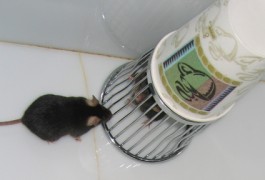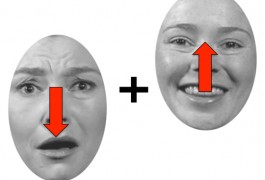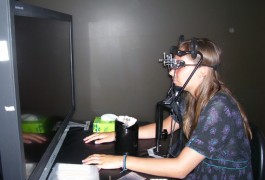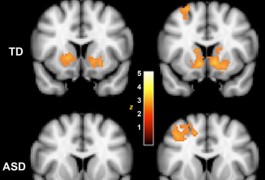Mutant mouse pins PSD-95 in Williams syndrome
Mice missing a large protein at the junction between neurons show motor impairments, anxiety and increased social behaviors, according to a study in the American Journal of Psychiatry. The protein, postsynaptic density-95 or PSD-95, is part of a key molecular bridge connecting other proteins linked to autism.





